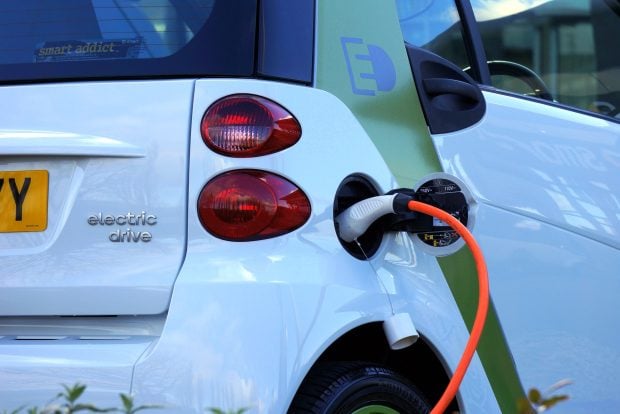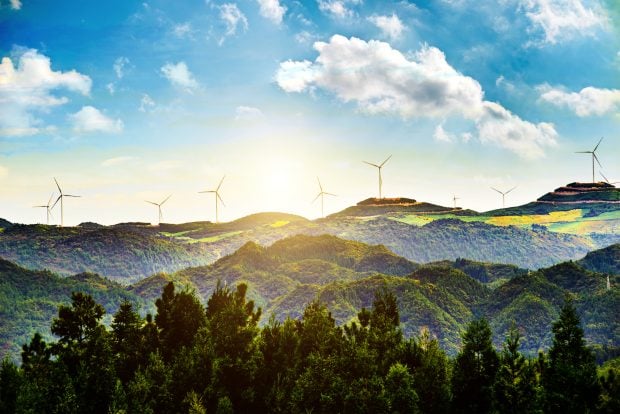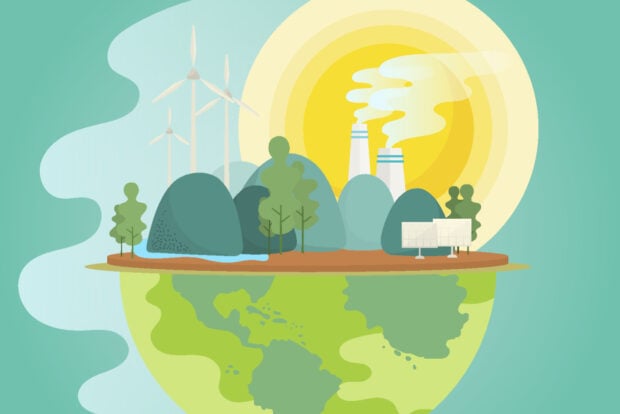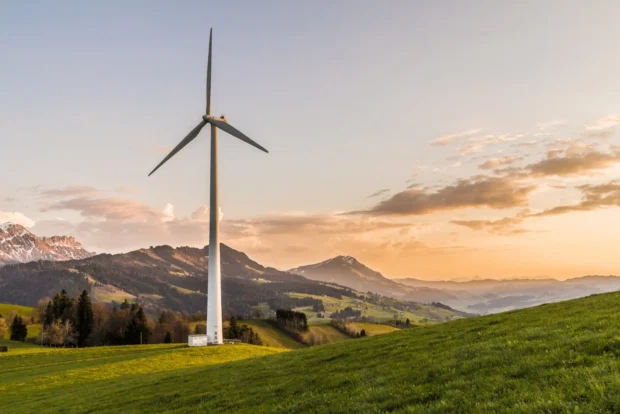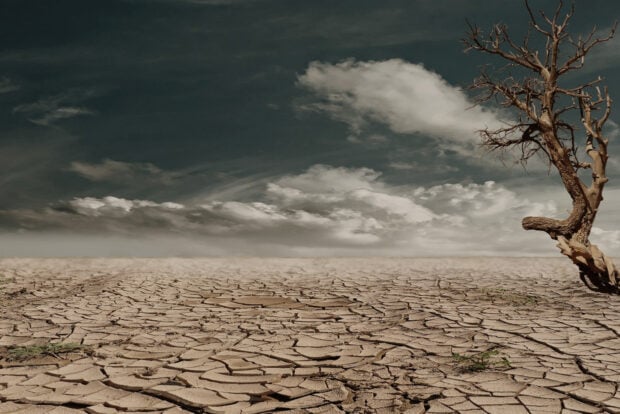Australia’s new government cements more ambitious climate change targets

Australia has formally pledged to reduce its greenhouse gas emissions by 43% below 2005 levels by 2030 as the prime minister Anthony Albanese said the country planned to “urgently step up the pace of action”.
Albanese and Chris Bowen, minister for climate change and energy, officially updated the United Nations Framework Convention on Climate Change of the country’s new Nationally Determined Contribution (NDC) under the Paris Agreement last week.
Albanese’s Labor Party won last month’s federal election, ousting the Liberal/National coalition after nine years in power. Climate change had become a key election issue following a spate of natural disasters, including the country’s 2019-20 bushfires – the worst in a decade – which killed 33 people, destroyed over 3,000 homes and 17 million hectares of land, and killed or displaced an estimated three billion animals.
The coalition government, led by Scott Morrison, had been criticised for not taking sufficient action to tackle climate change. Its target to cut greenhouse gas emissions to 26-28% below 2005 levels by 2030 was lower than the targets set by other advanced economies such as the US (50-52%) and Canada (40-45%).
Albanese said his government’s pledge would put Australia on track to achieve net zero emissions by 2050.
“The new target reflects my government’s resolve to urgently step up the pace of action, and work alongside global partners and particularly with our Pacific family, to tackle the climate crisis and keep 1.5 degrees within reach,” he said. “When parliament resumes, we will move quickly to enshrine Australia’s 2030 and 2050 targets in legislation, providing the certainty industry and investors have been seeking.”
The government added in a statement that the current issues confronting Australian and global energy markets highlights “why [our climate change] policies are so important”.
It said it would support the transition to renewable energy by investing in the transmission and storage needed to balance the grid, “which will lower energy prices and support economic growth”, create more than 600,000 jobs, and spur AUS$76 billion (US$52 billion) of investment.
Read more: Australia reorganises departments to reflect new government’s priorities
The government’s policies include AUS$20bn (US$14bn) investment to accelerate the decarbonisation of the grid and up to AUS$3bn (US$2bn) investment in the National Reconstruction Fund to support renewables manufacturing and low emissions technologies.
“Australia’s abundant renewable energy resources mean we’re well placed to become a clean energy superpower,” it said.
It was also announced last month that Albanese would create a new environment ‘super ministry’ as part of a raft of changes aimed at restructuring government to reflect its new priorities.
A response to growing pressure
Climate change is a divisive topic in Australia, primarily because of the country’s sizeable oil and gas industry, and has played a part in the downfall of several prime ministers.
However, there was growing evidence ahead of the federal election that Australians want government to do more to tackle climate change.
Read more: Top Australian former officials blast country’s ‘failure’ on climate change
The Lowry Institute’s 2021 climate change survey found that nearly 78% of respondents want a firm commitment to achieve net zero emissions by 2050, while a poll by the Australian Conservation Fund, also taken last year, found that the majority of voters – including in areas where coal and gas are key economic sectors – wanted action on climate change. It showed that 61% supported action to cut Australia’s greenhouse emissions by at least half by 2030 and that 71% of voters did not see coal and gas as part of Australia’s future energy mix.
In September last year, in the run-up to the COP26 conference in Glasgow, a group of 70 former Australian diplomats wrote to Morrison raising “deep concern” about his government’s failure to commit to climate change targets.
The former diplomats – including ambassadors, high commissioners, consuls-general, and senior officials at the Department of Foreign Affairs and Trade – referred to concern from US and European countries that Australia “is not pulling its weight on climate action” and warned that the government’s “inertia” would “undermine many of the strong international relationships we have built up over decades”.
The diplomats’ letter followed a TV programme that aired in May 2020, in which former Australian public service leaders condemned successive governments’ failure to tackle climate change.
Former secretary of the Department of Prime Minister and Cabinet, Martin Parkinson, ex-Treasury secretary Ken Henry, and former chief scientist Professor Penny Sackett, dubbed past governments’ efforts “incoherent”, like “watching a train wreck in slow motion”, and a “failure”.

















